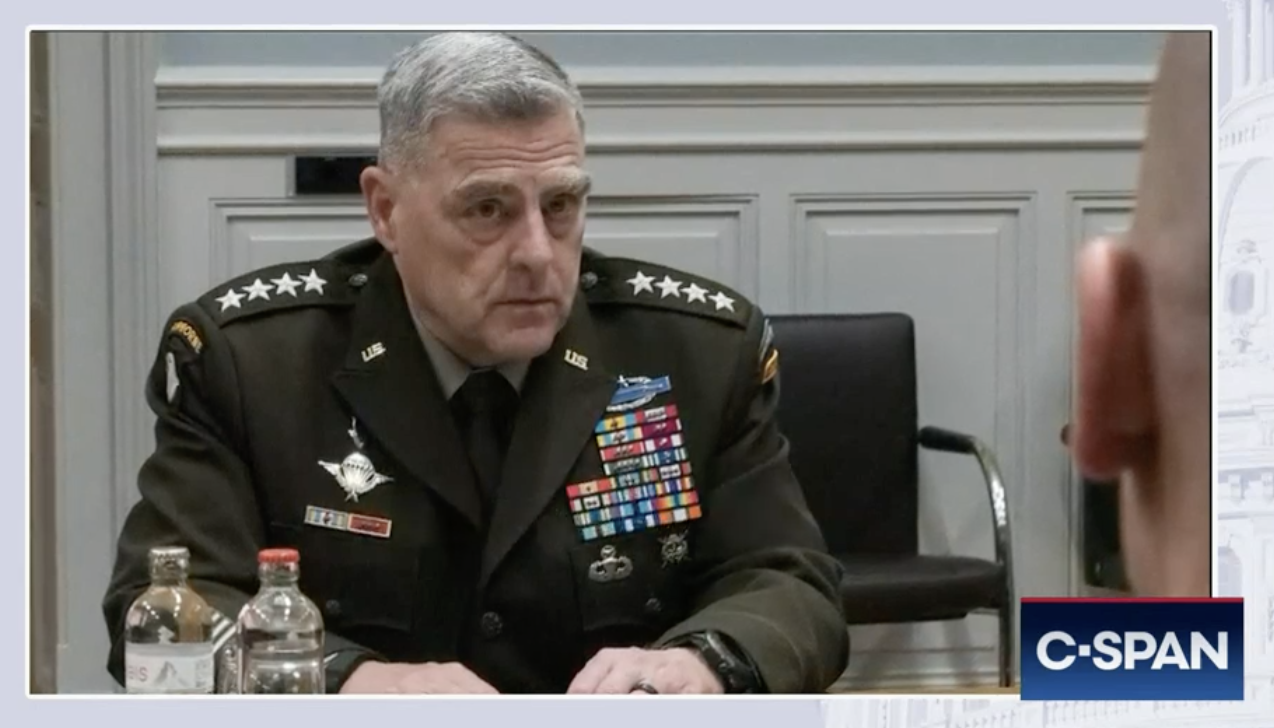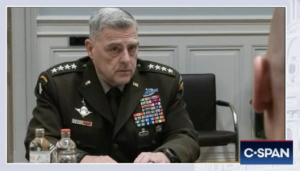What Trump’s UNGA Speech Tells the World
Speeches by national leaders at the opening of the UN General Assembly (UNGA) have multiple goals and various audiences. Leaders of small countries hope to raise concerns with large countries in a setting where they can be the center of attention, if only for 15 minutes. Leaders of ostracized countries often seek to justify the behavior that got them ostracized in the first place. Some speeches are aimed at the leaders in the room, while others are aimed at the folks back home. Some are aimed at allied leaders, and others at competitors and still others at enemies.
Under normal circumstances, preparation for the US president’s speech is probably on par with preparing the State of the Union address to Congress. Both speeches utilize folks from multiple agencies and both are subject to weeks and months of internal debates about what will and will not get into the speech. While the SOTU address is as long as the President wants to make it, the UN politely asks that UNGA addresses be kept to 15 minutes or less, because so many leaders will be speaking. The UNGA speech is primarily foreign policy, while the SOTU is more domestic, but both are critical to laying out the president’s – and by extension, the USA’s – positions on all kinds of things.
For UNGA, the State Department takes the lead (broadly speaking) in preparing drafts and posing options to the final decisionmakers in the White House. Other agencies like DOD, Treasury, Commerce, and DHS, as well as folks like the Director of National Intelligence, all weigh in and put their requests into the funnel out of which the final draft emerges.
While all the prep work on the speech is under way, so too is the prep work for listening to the speeches delivered by other leaders. Is it more of the same, are there new policy nuances, or even major changes of direction being conveyed? Different analysts at State, DOD, and the Intelligence community will prepare a list of “what to listen for” points as they get ready to listen to the UNGA speeches from the countries within their purview. Once the speeches have been made, these same folks will then be sharing their analysis with their superiors and the White House. “Here’s what we heard . . . , here’s what it means . . . , and here’s how it may affect our own policies and responses . . .”
Meanwhile, every other foreign ministry and intelligence service in the world does the same with the UNGA speech of the President of the United States of America. Especially when that president is Donald J. Trump.
So what will these folks notice about Trump’s speech, and what will their analysis of his speech lead them to think or do?
First, they will notice the absolute dichotomy between policy prescriptions and petty personal grievances. Yes, the speechwriting team and the professionals behind them put a lot of substantive stuff into the draft of the speech that went on the teleprompter, but Trump went off-script so much that it was easy for that stuff to get lost in the verbal flood of whining about his domestic political enemies alternated with his own personal self-promotion. If the substance was prepared to fill the 15 minute time slot, the whining and boasting filled another 45 minutes or so. That 3:1 ratio speaks volumes about what matters to Trump: “Three parts me, and one part everyone else. And that ratio is me being generous to everyone else.”
Second, even in the substantive parts of the speech, the presentation was arrogant and insulting. (Why yes, I do think Stephen Miller had a large role in shaping the speech. Why do you ask?) Trump’s “I alone can fix it” from campaigns gone by was echoed in Trump’s declaration at UNGA that he has always been right about everything. From immigration to energy to wars to peacemaking to cultural issues to history, Trump’s assertion that he is always right and that the world would be better off if everyone just bowed down and did what he said was at the center of his speech. The prepared draft of the speech might have been more polite about it, but the message was the same. All the world could see how Trump views them — little kids who need to listen to Daddy, and then do what Daddy says so that they don’t get punished.
Third, Trump’s UNGA speech was a confirmation and distillation of something these folks have seen since 2015 from Trump: facts are optional to Donald Trump. They will see that science takes a back seat to whatever Trump’s particular views and preferences are. Signed agreements, especially those signed by someone other that Trump, are optional, not binding. Historical facts that do not fit with Trump’s worldview are overlooked, ignored, or blithely dismissed as irrelevant. Leaders and nations who seek to move Trump and US policies with fact-based arguments will have a very difficult, if not impossible task if they follow this route.
Fourth, Trump has no use for the opinions of other leaders, unless they comport with his own opinions. Dozens of nations call what Israel is doing in Gaza “genocide” but Trump does not give a damn. Countries of all political stripes recognize the reality of climate change (even as they might differ in how it should be addressed), but not Donald Trump.
Fifth, this speech confirms yet again that what Trump desperately seeks is validation. In his head, he dreams of giving his own version of Sally Field’s academy award acceptance speech — “I haven’t had an orthodox career and I’ve wanted more than anything to have your respect. The first time [I won] I didn’t feel it, but this time I feel it. And I can’t deny the fact that you like me. Right now, you like me! Thank you.”
Sixth, these analysts from other nations regularly ask themselves “How long will Trump hold to a given position?” He renegotiated the NAFTA treaty with Canada and Mexico in 2019 and finalized it in 2020, only to come back in 2025 and ask “who would have ever sign a thing like this?” Grudges over personal slights he will carry with him for decades, but agreements with other leaders and other nations are much less predictable.
The danger to all of this is one basic thing: the world is learning –again — not to listen to the United States.
- When Trump and RFK Jr. issued their untethered-to-scientific-analysis declaration that Tylenol should not be used by pregnant women, not only did the US medical community loudly shout “NO!” but so did medical leaders around the world (UK, Spain, India, Australia, etc.). The US has a long record of leadership in medical research and treatment — think of the elimination of smallpox and the work to do the same with polio — but now? Around the world, folks are asking what used to be an unimaginable question: Should we listen to anything medical coming out of the CDC?
- When Trump made his big Liberation Day announcements and sought to put tariffs on almost every nation, he followed up on this with all kinds of exceptions, adjustments, and incoherent statements. Today the tariffs might look like this, but next week they went down, then a month later some of them went higher than before . . . and what the hell will they look like next year?
- When NGOs and other leaders around the world found the rug yanked out from under them when Trump used DOGE to cancel grants for things like malaria prevention and anti-AIDS programs, as well as letting US food aid funneled through USAID rot in warehouses rather than be delivered to those who feed the hungry, they had to ask if the word of the US is worth anything any more. “We had a five year agreement – you put up this and we’ll handle that — and after 3 years, you reneged. Why should we trust you the next time you want to make a deal?”
Trump and his lackeys can laugh at the world all they want, but if the financial world follows the lead of the medical world and the scientific world, and ceases to trust that the word of the US is good, the US will be in a world of hurt. A non-trivial portion of US debt is held by foreign governments. When the Canadian public decided not to travel to the US or buy US bourbon, that hit the US hospitality industry hard. If foreign governments decide that rather than buying US treasury bonds, they’d prefer bonds from Germany or France or Australia, that will mean the US government would have to offer higher rates of return in order to get the money needed to pay for tax breaks for the rich run the US government.
In the world of international affairs, trust matters, and Donald Trump is pissing away what it took decades to earn. Good luck with that, Secretary of State/National Security Advisor/Archivist of the United States Marco Rubio.
[Corrected to fix a minor editing error regarding bond costs in the penultimate paragraph.]




